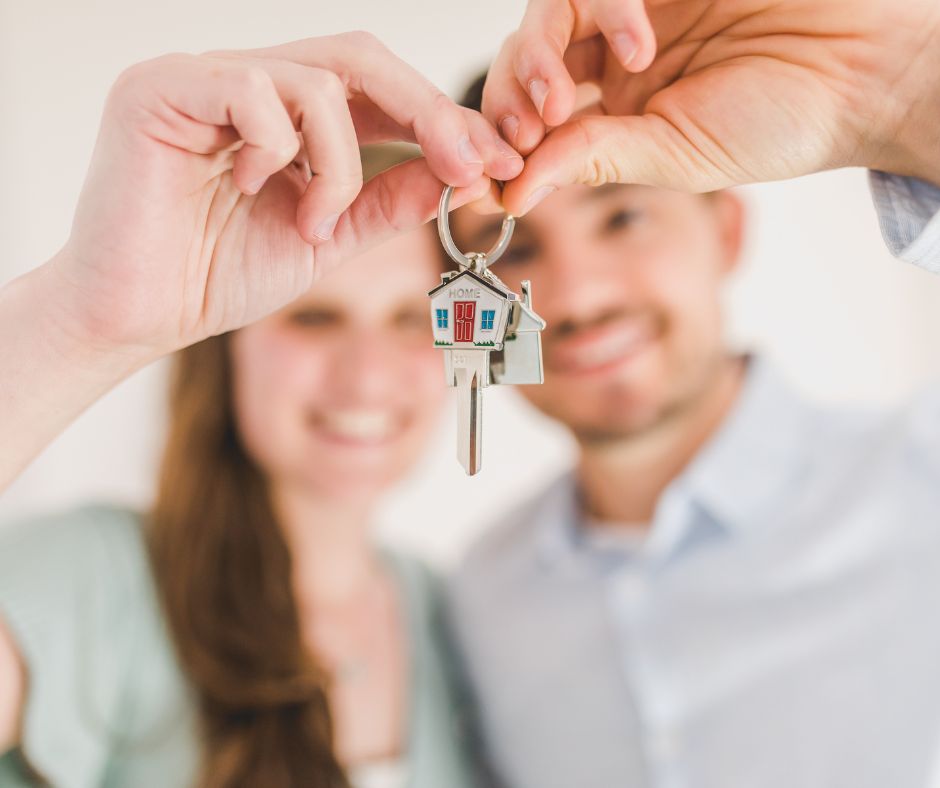
Buying your first home is one of life’s most significant milestones but the process can end up becoming an emotional roller coaster.
When you are making this purchase and dealing with the decisions that come along with it, you’ll need to find the balance between the practical and emotional side of things.
The following tips will help make sure you are happy with the final outcome and that it will work for you in the long term.
Head vs heart
When you let emotions be your guide, you tend to focus on the look of a home without thinking about more practical elements. It is easy to walk into a place and feel like you want to live there, but this doesn’t necessarily mean it’s the home for you.
Early in their journey, many home buyers make the mistake of falling in love with a place they can’t afford, or which looks great but needs a lot of work. They find themselves visiting places out of their price range or trying to figure out a financial solution that doesn’t exist. Meanwhile, suitable properties get snapped up by other buyers.
To side-step this, make sure you have a clear budget and search within it. Once you have found a place, request an independent building report to make sure any structural or repair issues won’t break the bank once you move in.
It can also help to have a clear criteria and shop for features rather than looks. You might want a three-bedroom place that’s within a certain radius of work or schools. There may be things on your list like an internal laundry or secure parking. It’s easier to make cosmetic changes than structural ones, so try not to get hooked on a home just because you love the look of it.
You also need to think long-term. Buying a cheaper home or apartment you aren’t 100 per cent in love with can be a stepping stone to your dream property. Try to think like an investor and consider how the value of the house and suburb you want to buy in might change over the next few years. While it’s still important that you feel comfortable and like where you live, these factors will help you make a better decision.
Overcoming nerves
It can be difficult to talk to real estate agents in the early days of your home search, but make the effort to stop and have a chat; local agents are likely to have some fantastic advice for you and may even recommend you look at a place you have previously scrolled past online.
Don’t feel intimidated! Agents need buyers just as much as they need sellers. The person who sells you your home may be the one to help you sell and upgrade to your next property in the future.
Taking the step
One emotion involved with purchasing a first home is fear. It’s a big step and while you may have been actively shopping for months, it can be difficult to pull the trigger and make an offer.
Some buyers become so caught up with finding the ‘perfect’ home that they fail to take action. Meanwhile, prices rise and they are missing out on building equity from their investment.
If you are struggling to commit, remember the following:
• Over time, your mortgage should become more affordable. Interest rates are high in 2023 but will eventually settle, which will help to reduce your repayments. As you grow your career and get promoted at work, paying the mortgage should become easier.
• You’re not 100 per cent locked in for life. If owning a home doesn’t work for you, you can sell it and move on.
• The best time to buy property is always 20 years ago. The sooner you make your move, the sooner you will be able to start growing your wealth with the help of this asset.
• There are plenty of people to help. Talk to your real estate agent and mortgage broker, and put a plan in place to make your big move.
The best way to balance your emotions when you are buying your first home is to do your research and be strategic. Have a plan in place and gather the people who can support you to execute it. Look for a home that matches your criteria in terms of functionality and location as well as interiors, and make your offer with confidence.








